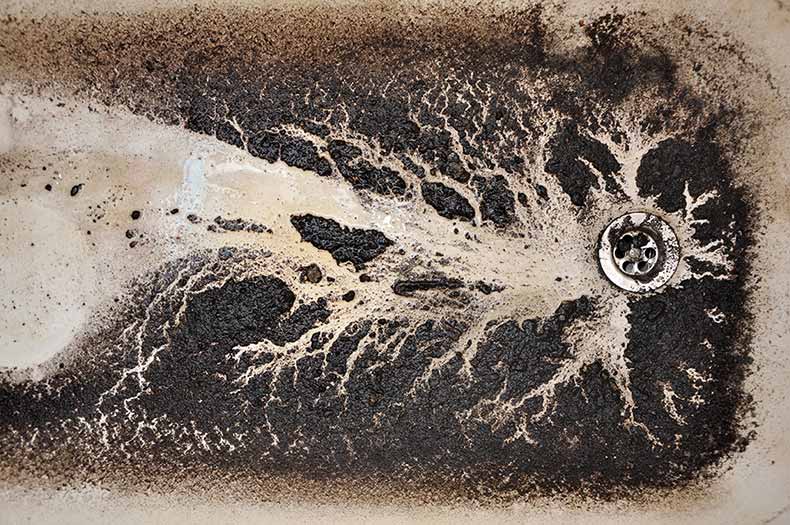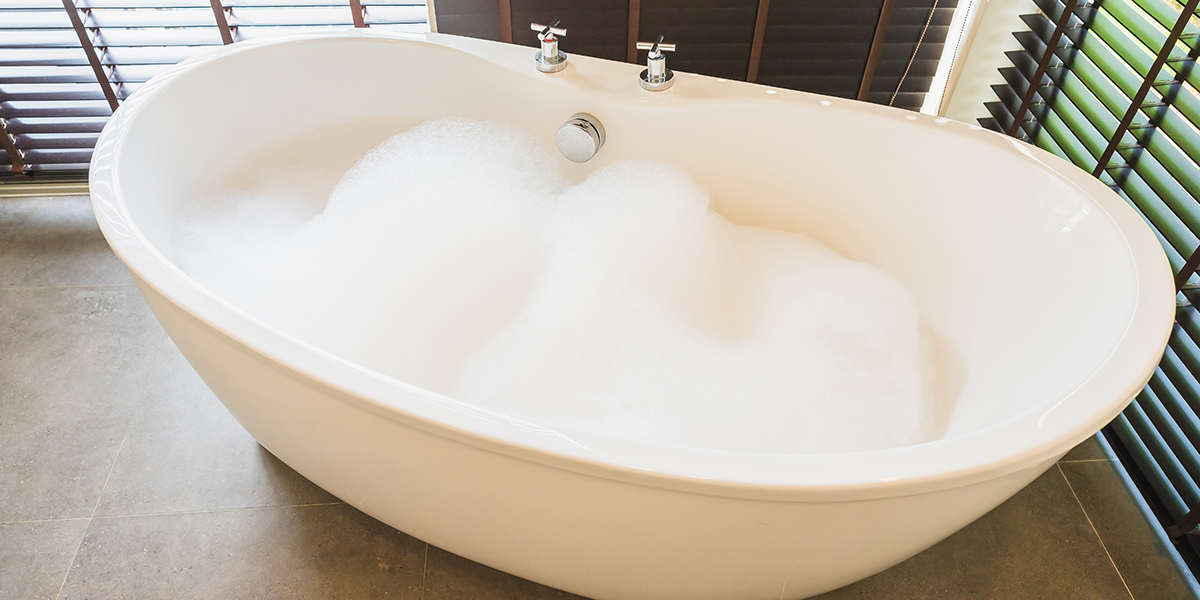Essential Factors Behind Drainage in the Bathtub
Need Help? Hire Us Now!We've noticed the article about Water Coming up Bathtub Drain directly below on the internet and concluded it made good sense to write about it with you on my blog.

Sewage backup in the bath tub can be a stressful and unhygienic trouble for any homeowner. Not just is it inconvenient, but it likewise postures significant health dangers and suggests underlying concerns with the plumbing system. Recognizing why sewer is coming up via the bathtub is important for taking ideal activity to attend to the trouble effectively.
Introduction to the Issue
Common Reasons for Sewer Back-up
Clogs in the Sewage System Line
One of the most usual sources of sewage back-up is a clog in the sewage system line. This can take place as a result of the accumulation of particles, grease, or foreign objects in the pipes, preventing appropriate circulation and creating sewer to back up into your bath tub.
Tree Origin Invasion
Tree origins looking for wetness and nutrients can penetrate drain lines with tiny fractures or joints. With time, these origins can expand and expand, causing significant damage to the pipelines and resulting in sewer backup problems.
Comprehending the Trouble
When sewer starts backing up right into the tub, it's a clear indication of a trouble with the water drainage system. The wastewater that should be flowing far from your home is rather finding its back right into your home, which can lead to considerable damages and health hazards.
Potential Causes
Numerous aspects can contribute to sewage backup in the bath tub. From clogs in the drain line to problems with the plumbing framework, identifying the root cause is essential for locating an option.
Aging Framework
Older homes might have dated plumbing systems that are extra at risk to deterioration, fractures, and degeneration. As pipes age, they come to be extra prone to leaks and clogs, boosting the possibility of sewage backup events.
Heavy Rainfall or Flooding
Throughout periods of heavy rainfall or flooding, the sewer system may become overwhelmed with excess water, triggering back-ups and overflows. This can result in sewer backing up into tubs and various other fixtures inside the home.
Indications of Sewer Backup
Foul Odors
Unpleasant smells emanating from drains pipes or components, particularly in the restroom, may indicate sewage back-up concerns. These odors are frequently strong and persistent, indicating a trouble that requires instant focus.
Slow Draining Fixtures
Tubs, sinks, and toilets that drain gradually or not in all could be experiencing sewer backup. If several fixtures are influenced simultaneously, it's likely that the concern originates from a common point, such as the major sewer line.
Gurgling Noises
Strange gurgling or gurgling sounds coming from drains when water is running in other places in your house are a sign of air caught in the plumbing system. This air buildup can arise from sewer back-up and need to be explored immediately.
Health Threats Related To Sewer Back-up
Contamination of Supply Of Water
Sewage back-up can infect the water in your house, posing a significant health and wellness risk to you and your family members. Direct exposure to infected water can lead to gastrointestinal concerns, skin infections, and other health problems.
Mold and mildew Development
Dampness from sewage backup can develop suitable conditions for mold and mildew development in your home. Mold spores can aggravate respiratory troubles and trigger allergies in sensitive individuals, making punctual cleanup essential.
Spread of Illness
Sewer contains harmful bacteria, viruses, and parasites that can trigger a series of conditions, consisting of liver disease, cholera, and gastroenteritis. Entering into contact with sewer or polluted surfaces puts you in danger of infection.
Tidying up After Sewage Backup
Sanitation Procedures
Thoroughly sanitize and sterilize impacted areas after sewer backup to remove harmful germs and prevent mold and mildew development. Usage ideal cleansing products and protective equipment to make certain risk-free and efficient clean-up.
Remediation of Impacted Locations
Repair any kind of damage to floor covering, wall surfaces, or components brought on by sewer back-up. Relying on the level of the damage, you might require to replace carpeting, drywall, or other materials to recover your home to its pre-loss problem.
Immediate Actions to Take
Shutting Off Water Supply
In the event of sewage back-up, it's essential to switch off the water system to prevent additional contamination and damages. Locate the major water shutoff valve in your house and closed it off till the problem can be settled.
Contacting a Specialist Plumber
Taking care of sewer backup is not a DIY task. Contact a qualified plumber with experience in handling sewage-related issues to evaluate the scenario and do needed repair work or cleanings.
Staying Clear Of Contact with Infected Water
Until the sewage backup is resolved, prevent contact with infected water to prevent the spread of bacteria and virus. Use safety equipment if you should be in the afflicted area and wash your hands completely afterward.
Preventive Measures
Routine Maintenance of Drain Lines
Arrange regular evaluations and upkeep of your drain lines to determine and attend to possible problems before they escalate into significant problems. This can consist of cleaning out debris, checking for tree origin intrusion, and fixing any type of damaged pipelines.
Installing Backwater Shutoffs
Consider setting up bayou shutoffs in your plumbing system to prevent sewage from receding into your home throughout durations of heavy rainfall or flooding. These shutoffs immediately close when water draws back up, shielding your residential property from contamination.
Proper Disposal of House Waste
Prevent purging anything besides toilet paper and human waste down the toilet to avoid obstructions and blockages in the drain line. Dispose of grease, oil, and various other home chemicals correctly to reduce the threat of plumbing troubles.
Why Is Water Backing Up in My Bathtub When I Flush My Toilet?
What to do about a sewer line clog
First, don’t bother with plunging. No amount of plunging will dislodge the clog in a sewer line. The clog is too far away. Plungers are for clogs in the toilet itself, not the sewer line. Plus, the most likely causes of a sewer clog are:
Tree roots Flushed toys or feminine products Grease buildup Those items don’t move easily. And in the case of tree roots, the roots need to be cut out of the pipe and the pipe will need to be repaired.
You’ll need a closet auger. A closet auger is a type of plumber’s snake with a protective cover to keep from scratching the delicate porcelain toilet. If the clog is further down, you may need to remove the toilet or use one of your cleanouts to get to the clog.
We also recommend doing a video inspection of the drain to ensure that the cause of the clog has been completely removed. Otherwise, you could have the same problem again in a few days or weeks.
https://mspplumbingheatingair.com/blog/why-is-water-backing-up-in-my-bathtub-when-i-flush-my-toilet

I came across that content about What to Do if Sewage Starts Coming Up Through Your Bathtub while doing a lookup on the internet. Are you aware of someone else who is in the market for the topic? Why not promote it. Thanks so much for going through it.
Get Estimate